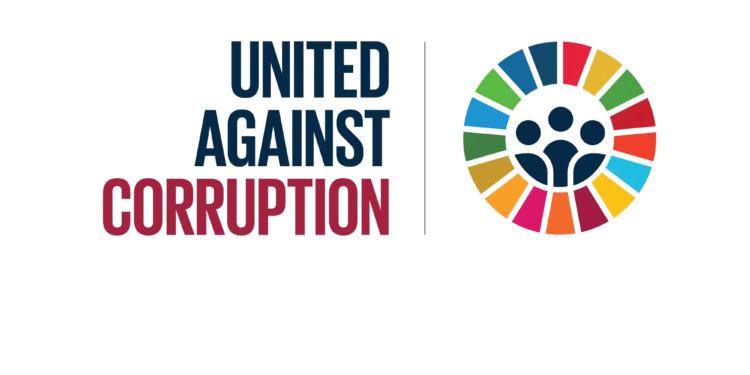On December 9, the United Nations’ (UN) observes International Anti-Corruption Day (IACD). This year, the theme of the campaign is “Uniting with Youth Against Corruption: Shaping Tomorrow’s Integrity”, which focuses on the role of young people as advocates against corruption and its impacts on their communities.
“With 1.8 billion young people in the world, fighting corruption is vital for the future of nearly a quarter of the global population. While young people are significantly affected by corruption, they also have the potential to become powerful agents of change in the fight for a future rooted in integrity,” states the UN campaign.
The IACD campaign serves as an important reminder of the essential role U.S. whistleblower laws like the Anti-Money Laundering (AML) Act play in the international fight against corruption and the need for whistleblowers to be fully empowered under these laws. In 2022, the AML Whistleblower Improvement Act helped establish an effective AML and Sanctions Whistleblower Program, which awards individuals for reporting money laundering and sanctions violations that lead to successful enforcement actions. This law was heralded as a transformative piece of anti-corruption legislation.
Since then, the AML Whistleblower Program has brought in hundreds of whistleblower tips and “many of the tips received have been highly relevant to many of Treasury’s top priorities” according to Andrea Gacki, Director of the Financial Crimes Enforcement Network (FinCEN).
At the same time, FinCEN has brought forth record enforcement actions. October 10, U.S. authorities announced that TD Bank agreed to pay $3.1 billion in penalties and pled guilty to violations of the Bank Secrecy Act, the nation’s primary AML law, which is the largest penalty in FinCEN history.
The essential role of whistleblowers in combating corruption is undeniable, but further support for the program is still needed to ensure the program continues to succeed. In their 2024 list of priorities, the National Whistleblower Center stated, “Since these victories were achieved, the Department of Justice and Treasury have been stonewalling and delaying the enactment of the regulations necessary for these laws to become effective.” Such improvements include aligning the process for qualifying as a whistleblower with U.S. anti-corruption priorities, protecting the confidentiality of whistleblowers and combatting whistleblower retaliation, and ensuring that whistleblowers are fully compensated in a timely manner.
In a letter to the Department of Justice, Treasury, and FinCEN, whistleblower attorney Stephen M. Kohn, founding partner of Kohn, Kohn & Colapinto and Chairman of the Board of National Whistleblower Center (NWC), urges the agencies to ensure that the new regulations “strictly comply” with the White House’s 2021 United States Strategy on Countering Corruption. “If FinCEN follows the mandates of the Strategy, FinCEN will be able to construct a program that protects and compensates whistleblowers who are often in extreme danger worldwide,” Kohn writes.
The National Whistleblower Center, where Kohn serves as Chairman of the Board, has issued an Action Alert calling on Treasury and FinCEN to pass strong rules for the AML Whistleblower Program.
Take Action:
Call On FinCEN To Enact Rules that Align with Anti-Corruption Priorities




